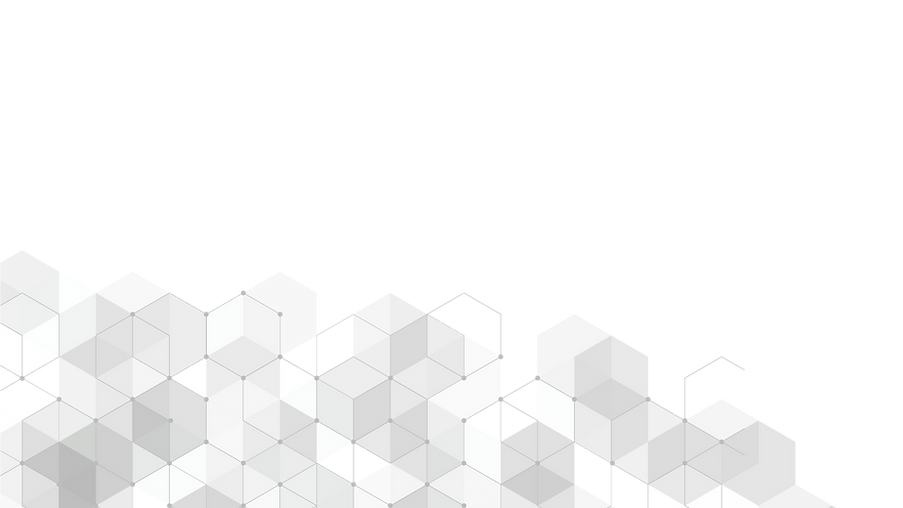
Powers, Duties, and Obligations of Condos in Alberta
Under the Condominium Property Act (CPA), condominium corporations are assigned specific powers and duties to ensure proper governance and management of the condominium property.
WHAT YOU'LL LEARN
Powers and Duties of Condominium Corporations
Condominium Corporation Obligations
Unit Owner Obligations
Powers and Duties of Condos
Under the Condominium Property Act (CPA), condominium corporations are assigned specific powers and duties to ensure proper governance and management of the condominium property. The core responsibilities include:
Maintaining Common Property:
The corporation must ensure that common property is properly maintained and repaired.
This includes day-to-day upkeep and long-term maintenance planning.
Enforcing Bylaws and Rules:
The corporation must enforce bylaws and rules adopted by the corporation to ensure peaceful and fair use of the property by all owners.
Managing Funds:
Collecting contributions (e.g., condominium fees) from owners.
Managing and allocating funds for the operation, maintenance, and reserve fund as required under the CPA.
Legal Powers:
Initiating or defending legal actions to protect the interests of the corporation, including bylaw enforcement.
Entering contracts necessary for the operation and maintenance of the property.
Task
Outline three key duties of a condominium corporation and explain their importance.
Obligations of the Condominium Board to Act Honestly and in Good Faith
The CPA sets out the fiduciary duties of the condominium board of directors. These duties are critical to ensure the proper functioning of the corporation and the protection of owners’ interests.
Key Obligations Include:
Honesty and Good Faith:
The board must act honestly, in good faith, and in the best interests of the corporation.
This includes making decisions that benefit the condominium as a whole rather than individual board members or specific owners.
Duty of Care:
Board members must exercise care, diligence, and skill when performing their duties.
Decisions must be based on adequate research, advice from professionals, and consideration of the long-term implications.
Avoiding Conflicts of Interest:
Board members must disclose any potential conflicts of interest and ensure transparency in decision-making.
For example, if a board member has a financial interest in a contractor hired by the corporation, they must disclose this interest.
Example
A board member cannot approve a contract for landscaping services with their own company unless full disclosure is made and proper procedures are followed.
Task
Summarize how fiduciary obligations impact decision-making and provide examples of actions that would breach these obligations (e.g., failing to disclose a conflict of interest).

Comparing Obligations in Building Damage Settlements
The CPA outlines responsibilities related to building damage settlements, distinguishing between the obligations of the condominium corporation and unit owners.
Condominium Corporation Obligations
Repairs to Common Property:
The corporation is responsible for repairing and maintaining common property, including shared structural components such as roofs, walls, and hallways.
If the damage originates in or affects common property, the corporation must address it.
Insurance Responsibilities:
The corporation must maintain insurance to cover damages to common property, as outlined in the CPA.
Unit Owner Obligations
Repairs to Unit Property:
Owners are responsible for repairing and maintaining their individual units, except where the damage was caused by an issue in the common property (e.g., a leaking roof).
Exclusive-Use Areas:
Owners may be required to maintain exclusive-use areas, such as balconies, unless the bylaws specify otherwise.
Case Example
If a leaking pipe in common property damages the drywall in an owner’s unit, the corporation is responsible for fixing the pipe and potentially repairing the drywall if it falls under “common property.”
Scenario: A fire damages a condominium building, affecting both common property and individual units.
Task: Compare the corporation's and unit owner's responsibilities for repairs and insurance claims.

